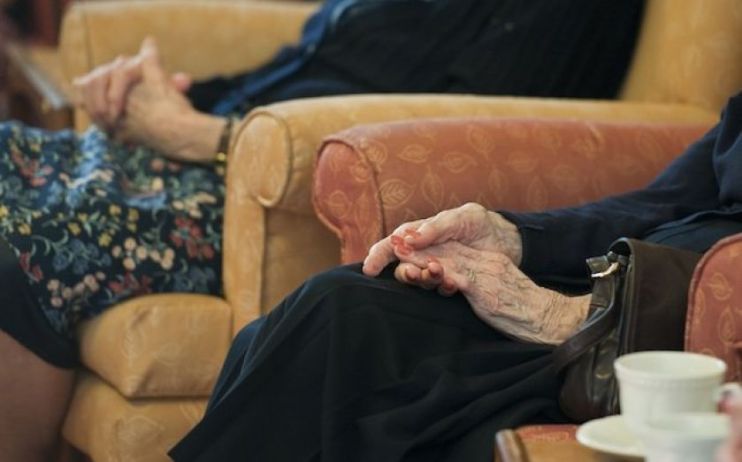Analysts warn Rishi Sunak: Treasury’s pensions raid could be ‘hugely risky’

The Treasury is eyeing pensions taxation as one way to pay for the cost of the pandemic, it was reported this morning.
Although there are no plans to make changes to the triple lock, the Treasury is looking at three ways to change the ways in which pension contributions are taxed, which some analysts have warned could be ‘hugely risky’.
Looking at the hefty £355bn that the government has borrowed over the pandemic, according to the Office for Budget Responsibility, “further speculation about the future of all areas of government spending – including retirement savings incentives – was inevitable,” AJ Bell senior analyst Tom Selby said.
“The Treasury appears to be rolling the pitch for another raid on people’s pensions, this time as part of an economic package to fund the UK’s coronavirus recovery effort,” he added.
Public policy director at financial planning group LEBC, Kay Ingram, said: “Constant tinkering with pensions savings tax only undermines the incentive to save for the longer term.
“Short-term measures will breed a generation of pensioners whose spending power in retirement will be reduced to a basic standard of living, relying more and more on benefits to meet their needs.”
Lifetime allowance
The government is reportedly looking at cutting the lifetime allowance (LTA) from £1,073,100 to £800,000 or £900,000, lowering the point above which tax charges kick in.
Ingram explained that the changes would undermine “confidence in pension planning and disadvantages private-sector workers disproportionately.”
“The government should abolish the LTA for defined contribution savers and rely on the annual allowance to control the amount of tax relief any one person may benefit from,” she argued.
While the pandemic has presented the ‘biggest short-term crisis’ of our lifetimes, weaker retirement saving is one of the most ‘significant’ long-term challenges, Selby added.
“The lifetime allowance has already been cut to the bare bones, while employers would likely be furious if the government increased their pension costs just as many attempt to recover from a nightmare year.”
Tax relief
Another reform would see people contributing to pensions getting the same rate of tax relief, which would hit higher-rate taxpayers, while another is changing the taxation on employer contributions.
Director and client tax specialist at Blick Rothenberg, Robert Salter, said that tax relief restrictions “could easily discourage pensions savings and/or act as an incentive for highly skilled employees to stop saving for their retirement, retiring early or to look, for example, at emigrating to avoid punitive tax levels.”
The client tax specialist advised that instead, the government should have employer pension contributions become liable to employer National Insurance Contributions (NICs).
Or, “change the whole nature of pensions tax relief, so that employee and employer contributions are taxed, but the subsequent pension income is ‘tax free’ when received,” he said.
However, Salter added that although the ideas would be “innately unpopular”, they could help rally “significant” revenue.
The changes, while disincentivising pension payers, could also hit the Conservative government’s primary backers.
“All three of the pension tax reforms apparently in the Chancellor’s sights would be hugely risky, hitting directly at heartland Conservative voters and undermining the foundations being laid by automatic enrolment,” Selby said.